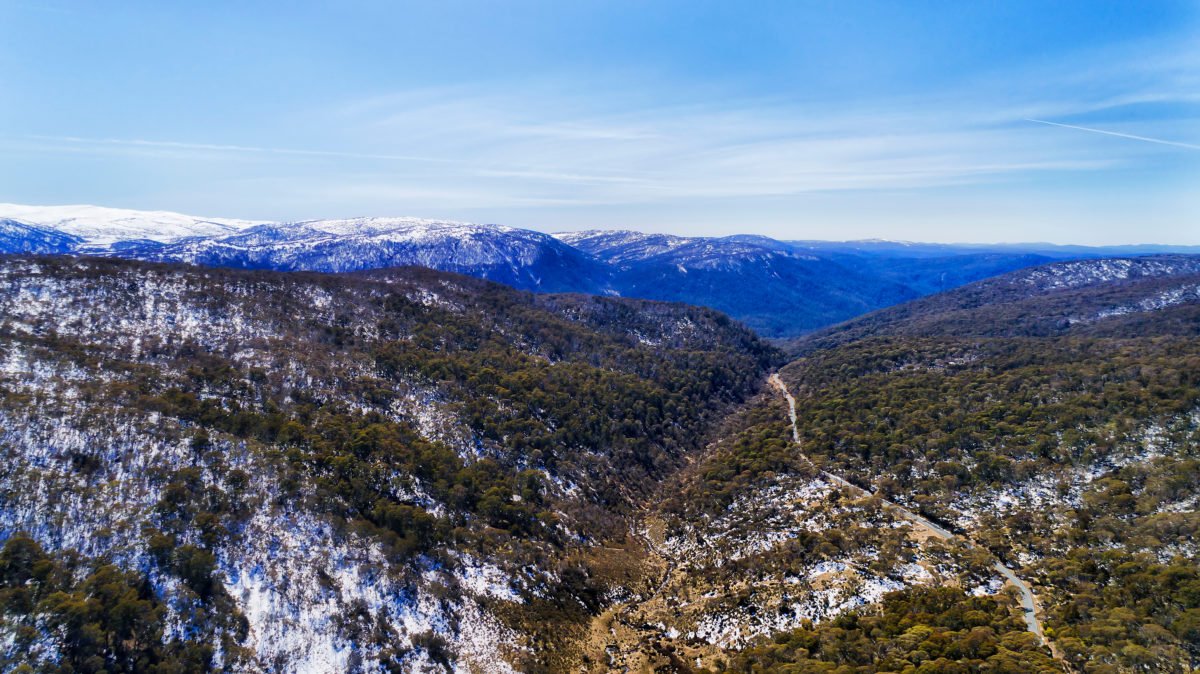

Search and Rescue, Thermal, & Night Operations
Navigate terrain ground teams can't access. Cover vast areas quickly. Decrease cost of air support. Learn to fly SAR missions utilizing drones.
Trusted by Top Organizations Across the Nation









Search and Rescue Drone Training Course
Prerequisites
5+ Hours of Flight Time
Not flying drones yet? Check out our Drone Pilot Training Courses
Part 107 Certificate
Not FAA Certified to Fly Commercially yet? Check out our Part 107 Test Prep In-Person (or Online)
Thermal Imaging & Night Operations
- Lesson 1: Thermal Imaging Basics
- Lesson 2: Subject Detection
- Lesson 3: Operating the Zenmuse XT
- Lesson 4: Leveraging Isotherms
-
FLIGHT SESSIONThermal Imaging
- Lesson 5: sUAS Night Operations Basics
- Lesson 6: Night Physiology & Visual Illusions
-
FLIGHT SESSIONNight Operations
Aerial Search & Rescue
- Lesson 7: Intro to sUAS SAR
- Lesson 8: SAR Progression
- Lesson 9: Aerial Search Patterns
-
FLIGHT SESSIONSearch Patterns
- Lesson 10: Preflight SAR Stages
- Lesson 11: Coordination & Execution
- Lesson 12: SAR Conclusion
- Lesson 13: sUAS SOPs
-
FLIGHT SESSIONSAR Scenario
Save Lives Using Drones
Drones allow public safety teams to move beyond ground vehicles and expensive helicopters in order to execute aerial search and rescue missions more efficiently. In this two-day search and rescue drone training course, our expert public safety instructors provide hands-on experience in aerial search and rescue missions, thermal imaging, and night operations. Learn to successfully fly SAR missions.
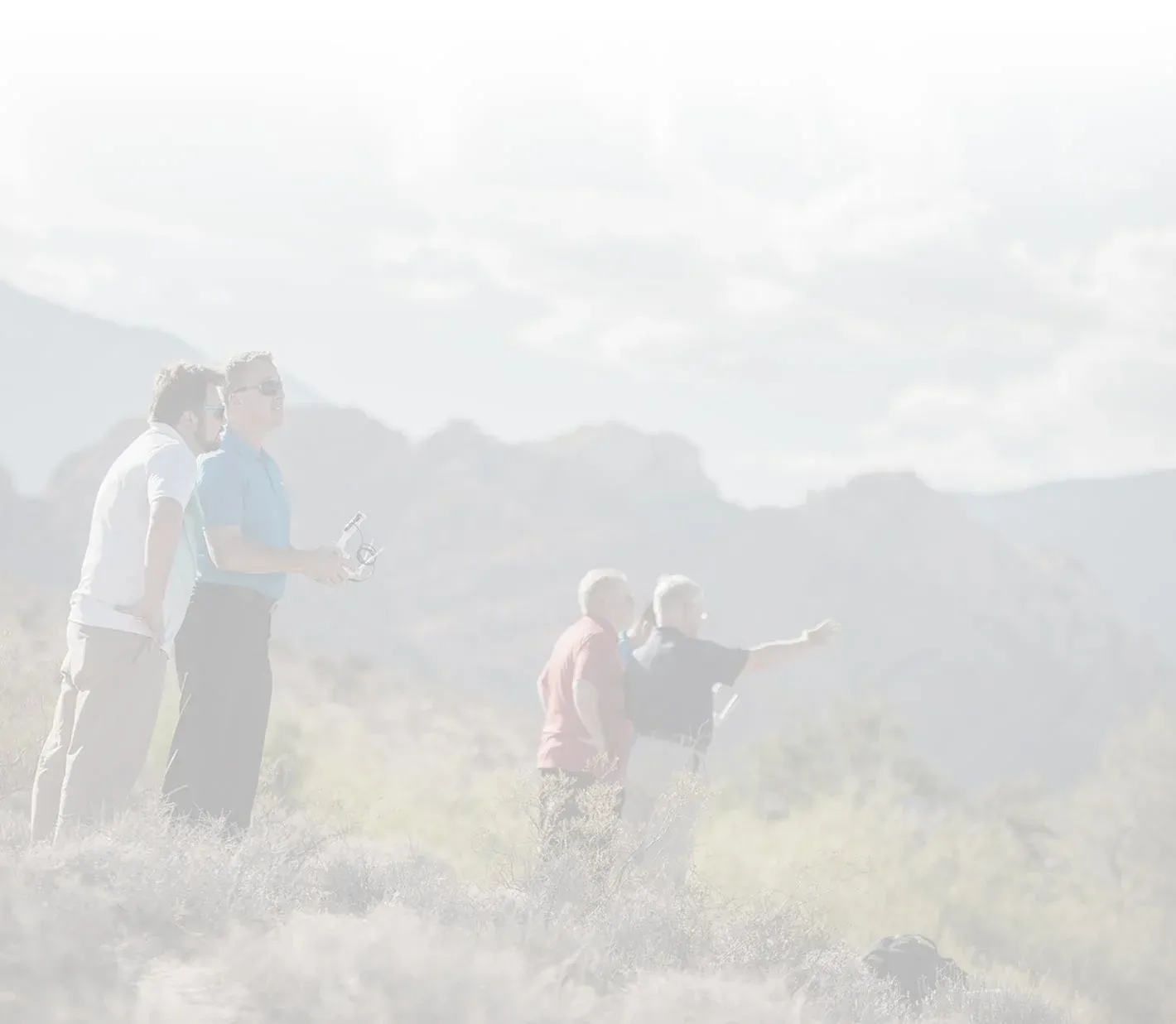
Workshop Overview
- sUAS and SAR
- Common SAR Scenarios
- Search Classifications
- sUAS Platforms
- sUAS Imagery Payloads
- sUAS Auxiliary Payloads
- The Five Stages of a Search and Rescue Operation
- Awareness Stage
- Initial Action Stage
- Planning Stage
- Operations Stage
- Conclusion Stage
- Purpose of Each Stage
- Necessary Action Steps
- Aerial Search Pattern Overview
- Types of Aerial Search Patterns
- Search Pattern Considerations
- Aerial Search Pattern Execution
- Incident Command System (ICS)
- Awareness Stage Actions
- Initial Action Stage Actions
- Planning Stage Actions
- Lost Person Behavior
- Weather Considerations
- Terrain Considerations
- Coordination with Other Assets
- Communication Procedures
- Search Pattern Selection
- Dissemination of Sensor Information
- Search Conclusion Classifications
- Subject Found Scenarios
- Suspension or Termination Scenarios
- Post Flight Debrief Procedures
- How to Create Your Own Standard Operating Procedures (SOP)
- Common sUAS SOP Sections
- SAR Checklist within an SOP
- Image Resolution
- Lens Size Impacts on Detection Capability
- Ideal Lenses for SAR
- Field of View
- Scattering
- Absorption
- Environmental Conditions
- Using the DJI GO App with the Zenmuse XT
- Zenmuse XT System Capabilities
- Shooting Mode
- Region of Interest
- Scene Function
- Gain Modes
- Isotherm Capability of the Zenmuse XT
- How Isotherms can be used to Improve SAR Detection Capability
- Standard Isotherm Temperature Settings for SAR
- Pitfalls of Using Isotherms
- Regulations Governing sUAS Night Flight Operations
- Civil Twilight
- Requirements for Night Waivers
- Use of VOs to Augment SA and Maintain VLOS at Night
- Process of Assessing a Site for a Night Operation
- Anti-collision Lighting Requirements
- Physiology of Night Vision
- Visual Illusions
- Night Flight Execution
- Tips and Best Practices for Night Flights
Upcoming
Looking for a course near you? Reach out and let us know where our next course should be held.
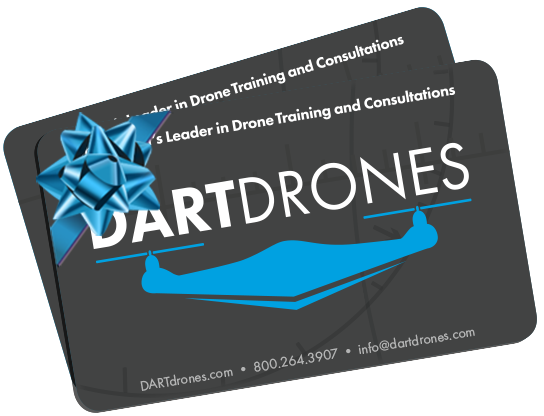
Our Search and Rescue Drone Training Flight Instructors
Our instructors are police officers, fire fighters, and EMTs with real world expertise in launching successful search and rescue drone missions.
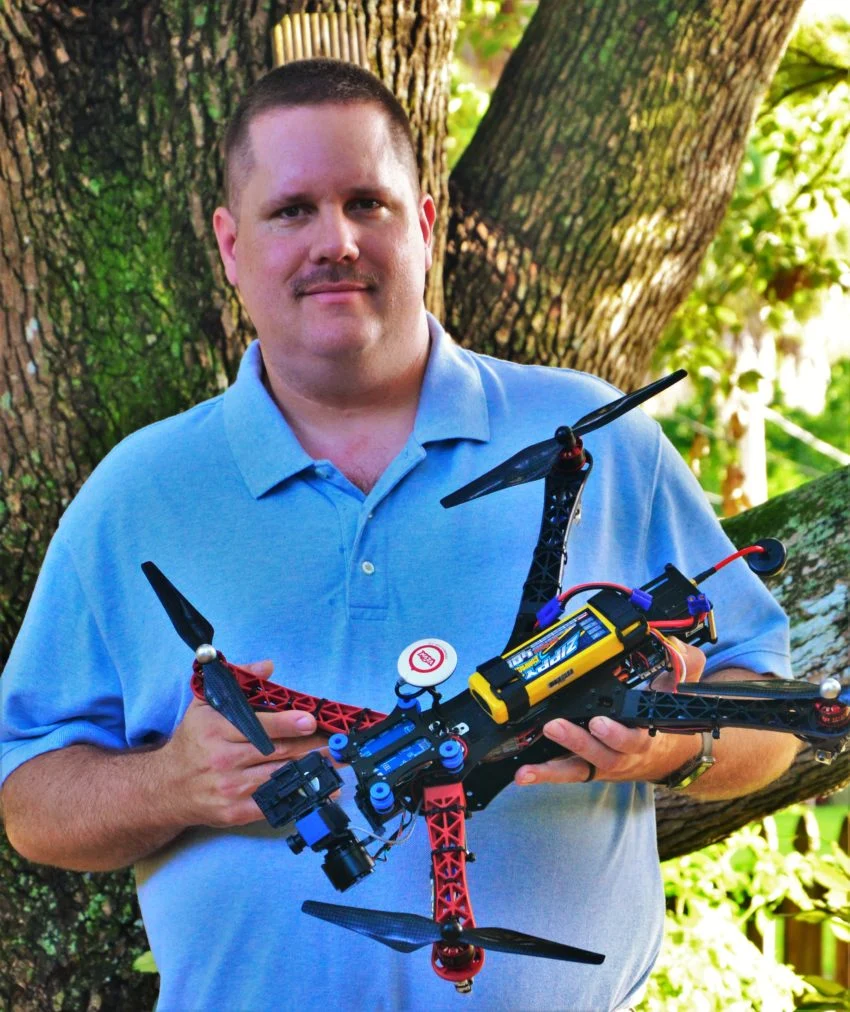
Mike Uleski
Michael is an active Sergeant with a public safety department in Florida, where he is cross-trained as a law enforcement officer, firefighter, and EMT. He has extensive aviation expertise with a degree in Aeronautical Sciences from Embry-Riddle, a commercial pilot certificate with single engine, multi-engine and instrument ratings, and 17 years of experience building and flying remote controlled aircraft.
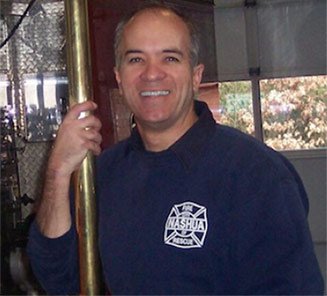
Roger Hall
Roger became interested in drone aviation soon after retiring from a 25-year career in the fire service. He served as a firefighter on the Nashua New Hampshire Fire Rescue team, and as a member of the Hazmat & dive rescue teams. He is a licensed sport pilot and Certified Level 1 Thermographer. Roger enjoys training public service departments & assisting them with the implementation of UAS into their organizations as well as using drones to film at live events.
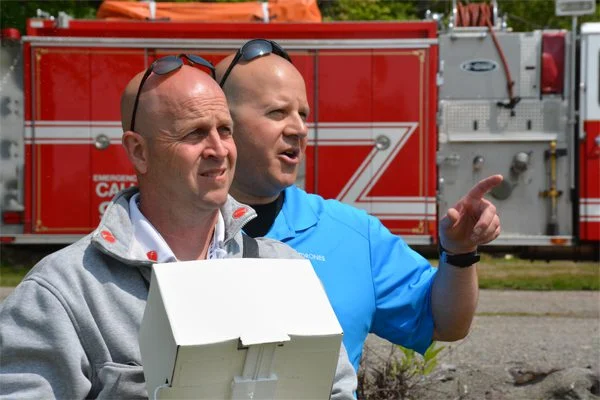
Chris Grazioso
Chris has over 28 years of experience in the EMS field focusing on EMS Special Operations and Emergency Management. He is also a member of a FEMA Urban Search and Rescue team and started using drone technology in their operations. Chris has been interested in aviation his entire life and received his pilot’s license in 2010.
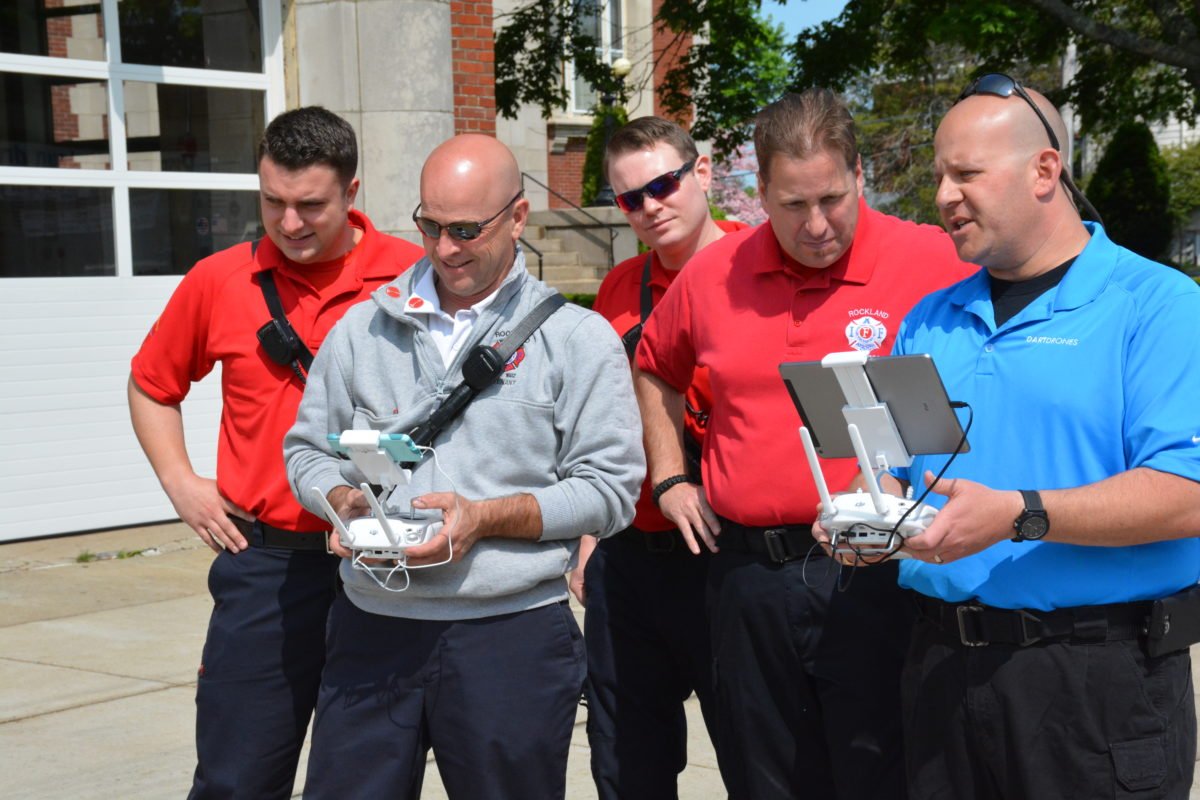
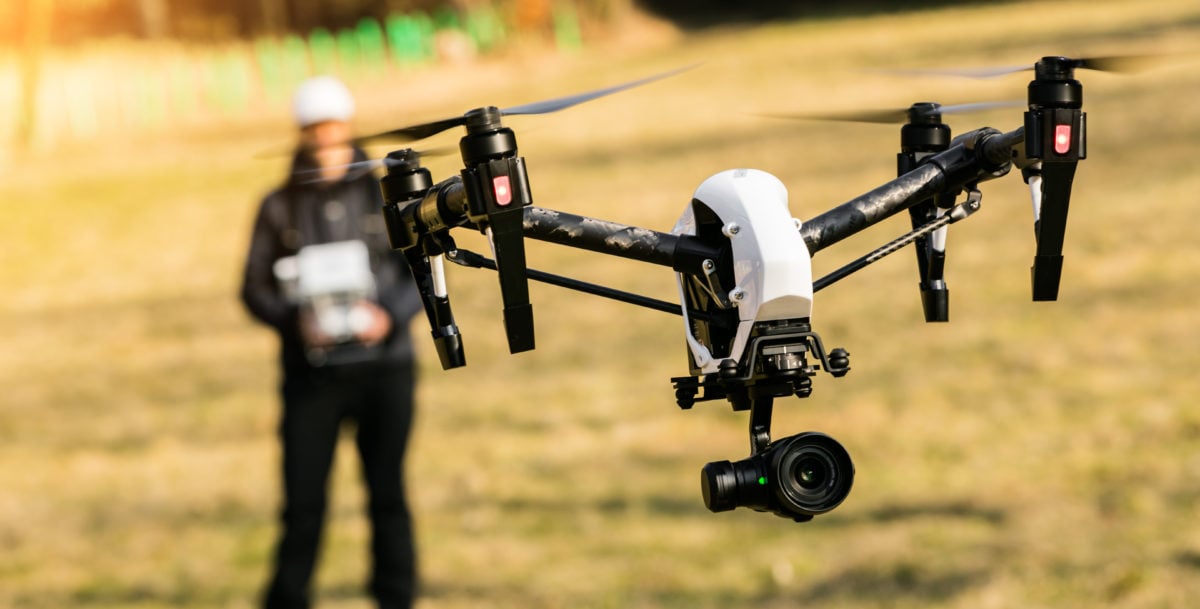
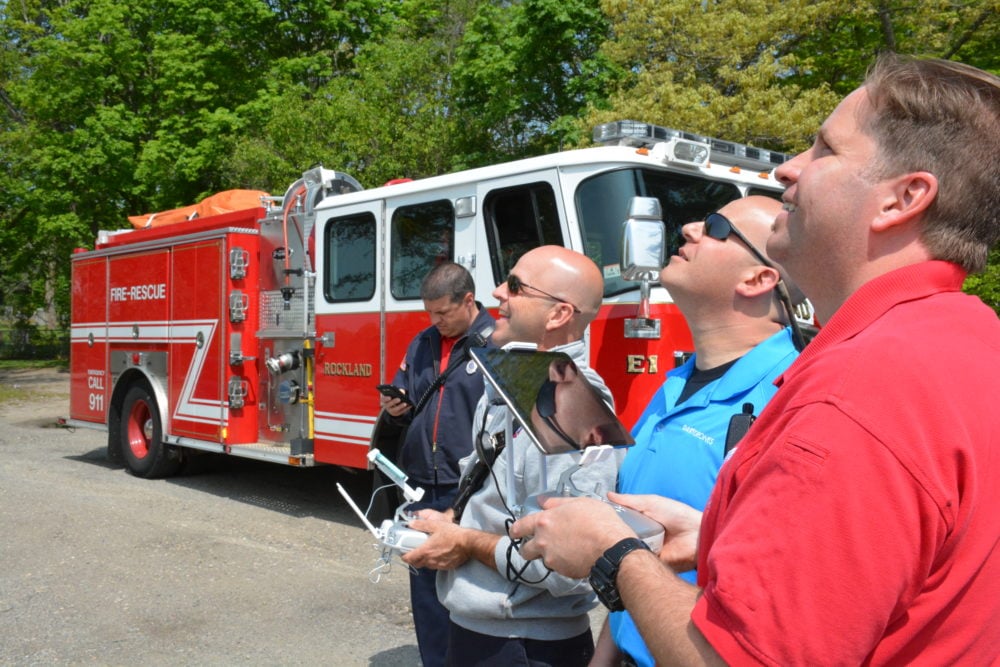
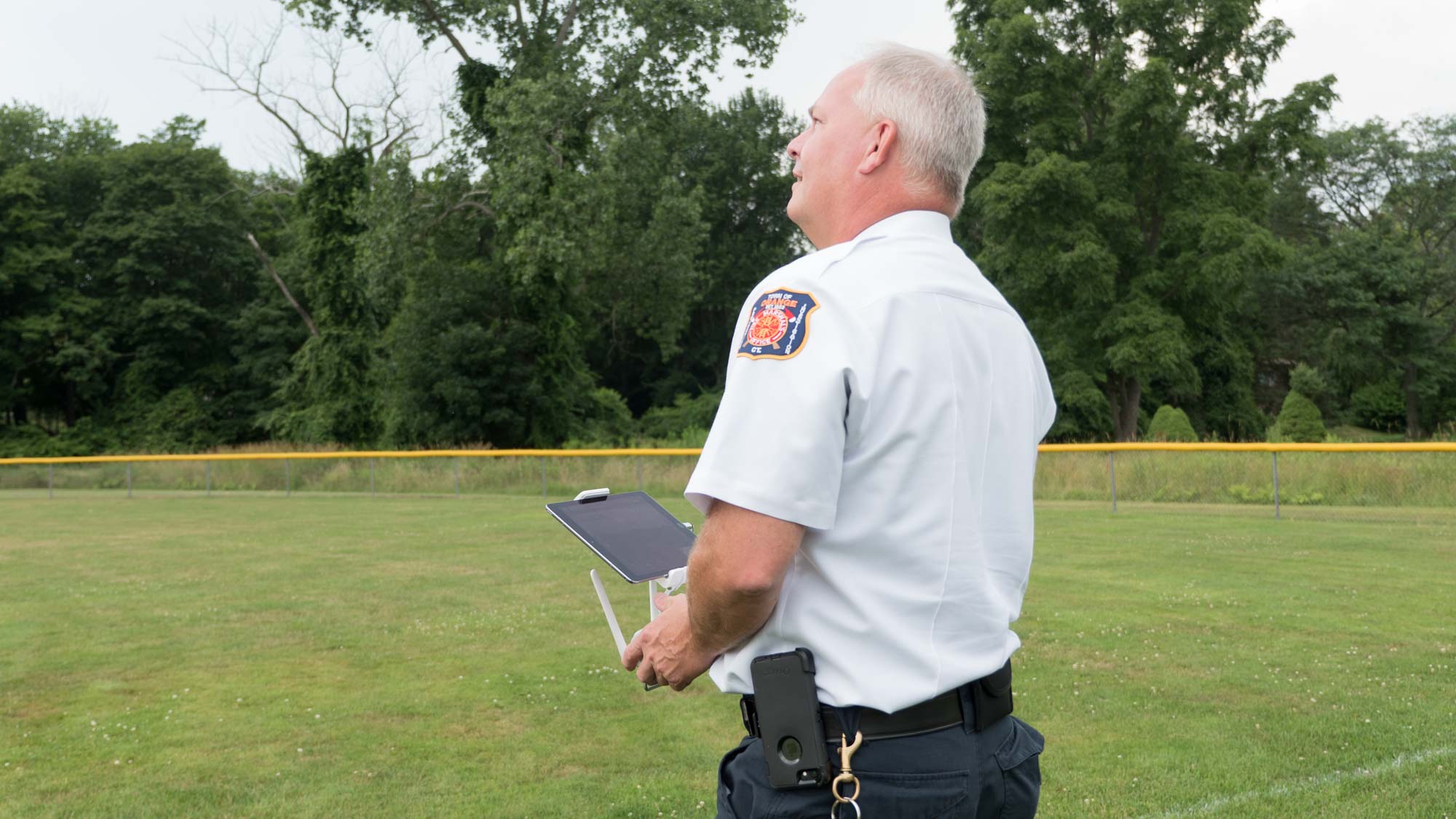
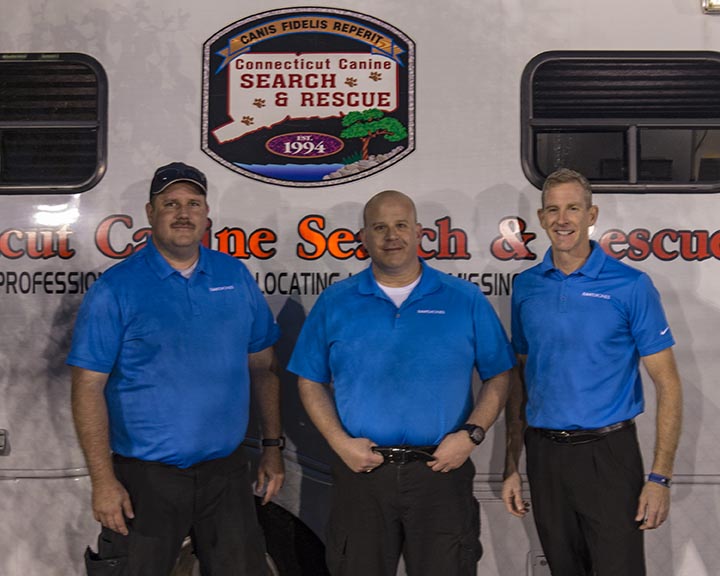
Join our community of drone experts!
Subscribe to our newsletter to stay up to date with drone industry trends, events, and expert advice.
